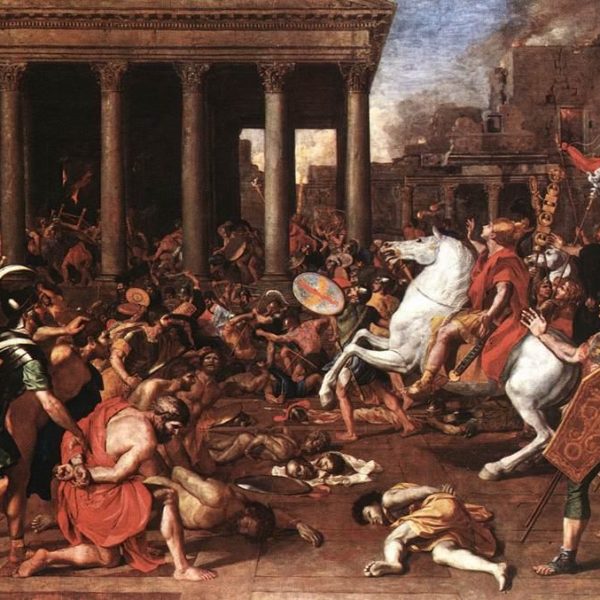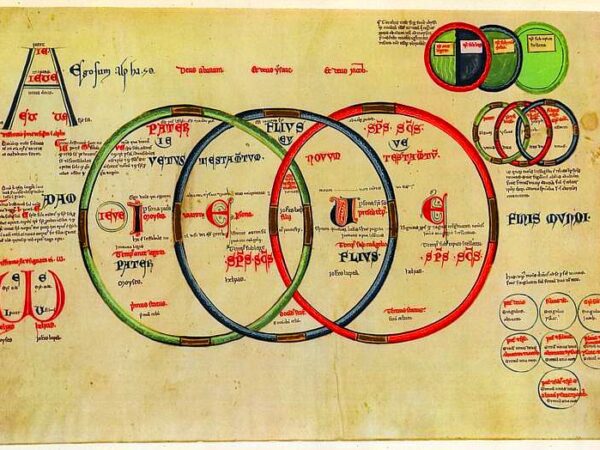
For several Latina writers, apocalypse as both revelation and catastrophe appears as an unavoidable framework that echoes across time, a framework shaping the past and future whose ultimacy must also be upended. Apocalypses large and small continue, but not all truths are disclosed equally and some endings—and the meanings they should yield—are abrupt but never ultimate.

Amidst climate catastrophe and accompanying disasters, references to “apocalypse” on the right and the left won’t desist. So its ancient meaning– not “the end of the world” but “unveiling” — can help resist the denialisms and the nihilisms that close, rather than disclose, possibilities of world transformation.

David A. Sánchez, Associate Professor of Early Christianity at Loyola Marymount University, died unexpectedly on Saturday, April 6, 2019. He was a pioneering Latinx Biblical scholar whose impact reached beyond his discipline and included the Political Theology Network. We have asked mentors, colleagues, students, and friends to reflect on his many contributions.

Jesus teaches his disciples the meaning of waiting in a faithful manner. Keeping watch for God’s work within the world requires avoidance of distraction and a desperate faithfulness.
It’s easy to read this week’s gospel as a warning of doom and gloom. It begins, after all, with this strict admonition, “Be Alert!” (v 23), and ends with the equally forceful command, “Keep awake!” (v 37). It’s as though Jesus has just shouted, “Watch out!” and thrown a ball of flaming fire into the crowd. But, of course, there is no fiery ball and so the question naturally is, “Watch out for what?” Within the pericope itself, the obvious answer becomes the awesome image that Jesus paints in verse 26: “The Son of Man coming in clouds with great power and glory.” And why should we be concerned? (Apart, of course, from the darkened moon and falling stars…) Because Jesus says the Son of Man is like a master returning and from there we write our own scripts of what wrath this master might bring. “Keep awake!” the Bible tells us, and we add, “Because if we sleep, we might be hit by that fiery ball!” And, indeed, for Matthew and Luke, who record this prediction as “a thief coming in the middle of the night,” rather than a master returning to his home, such fears may be warranted. But, for Mark, different dynamics are at play…




